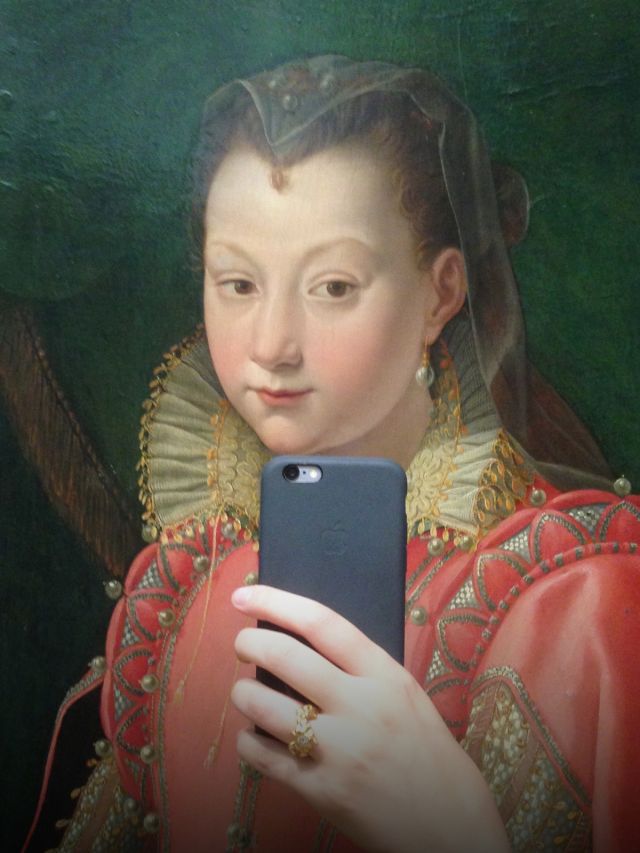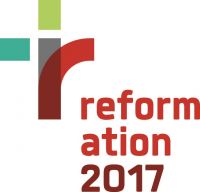Skip to main content
Reformers Today #3 with Naika Foroutan
Reforming National identity :A call for rethinking the concept of collectivity
What does reformation mean today? The last 500 years have been determined by patriarchal structures and discourses. What will the next 500 look like, if they're shaped by women? Which institutions must we change radically? Over a three-part series we're presenting testimonies from women who are already changing the world today.
In the third and final part, Naika Foroutan proposes a reform of the “nation” as institution. She poses the following questions: What does it mean to be German in the 21st century, and what kind of social narrative do we need to rethink identity against the background of a pluralizing society? Is there a meaningful narrative that weaves in heterogeneity and migration as a shared experience? Does it initiate a debate about values and norms that doesn't overvalue the “same” and exclude the “other”?
Naika Foroutan calls for a new, post-migrant perspective, for a German “us” that incorporates our plural society's stories and heterogeneity. A perspective that accurately reflects the reality of society's structure and understands migration as both a key for plurality and a shared experience for all.
Introduction by Margot Käßmann
Presented by Fatima Moumouni
Reformers Today is a lecture in three parts from the Gorki Forum in cooperation with the Reformation Jubilee 2017 in Wittenberg and Berlin.

